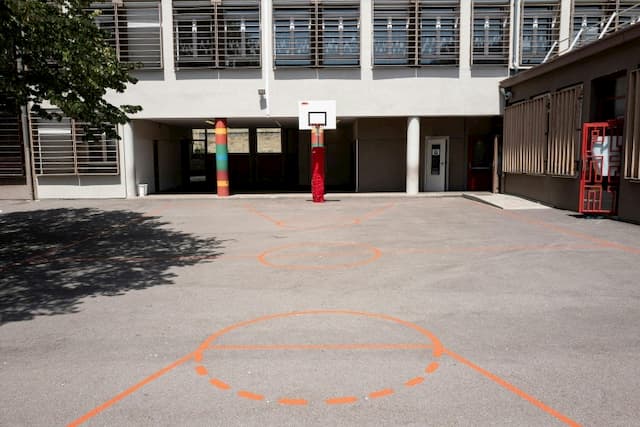France Adopts Compulsory Education from 3 Years Old

The Parliament finally adopted Thursday 4th July 2019, a bill that provides for the reduction to three years, from the next school year, the age of compulsory education.
The Parliament finally adopted on Thursday 4th July 2019, by a final vote of the Senate by show of hands, the bill “for a school of trust”, which provides for the reduction to children of 3 years old, as soon as the next academic year, the age of compulsory education in France.
The senatorial majority on the right was pleased to see both chambers reach a “good agreement”, the left voting against a text “that does not meet the stakes” of the National Education.
The Minister of National Education Jean-Michel Blanquer had to leave aside the contested project of grouping classes of a college and one or more schools in a new type of establishment called “fundamental knowledge”.
Injected via an LREM amendment to the Assembly, this measure provoked such an outcry from the teaching staff, parents and local elected officials that it was erased by the Senate, without opposition from Mr Blanquer.
The solution put forward by Minister of the National Education for the results of the bin in case of retention of the copies by the professors on numerous leashes dubitative.
From the next school year
The flagship measure of the text, lowering to three years the age of compulsory education, against six today, will come into force as soon as the September school year begins. It will only affect 26,000 children who are currently out of school.
Adjustments to the Senate have been maintained: relaxation of the obligation of attendance in small sections, an extension of the derogation for children from 3 to 6 years old attending kindergartens.
Another major measure, the training requirement of 16 to 18 years must help fight against dropping out of school.
The text also provides for a reorganization of teacher training and assessment, allows the creation of local public international education institutions (EPLEI), modelled on the European School of Strasbourg.
Recognition of same-sex parenting
It imposes the display, in the classrooms of schools, colleges and high schools, French and European flags, the motto “Liberty, Equality, Fraternity” and the words of the national anthem.
Regarding the recognition of same-sex parenting, it provides that each administrative form intended for parents of pupils will give the possibility to choose between the mentions “father” and “mother” and “other legal representative”.
An entire chapter is devoted to inclusive schooling, with measures on support for students with disabilities that will come into effect as soon as the next school year.
The minister recalled the issues the reform intends to address: social justice – “this law is profoundly a social law”, he reaffirmed – and “territorial equity”.
The agreement between the two houses “is proof that society can unite around his school,” he said, noting that “268 amendments were adopted” including a good deal of Senate amendments.
“Each of our two assemblies has made concessions to reach a compromise text,” said rapporteur Max Brisson (LR).
“This agreement is a good agreement because it is favorable to the school of the Republic, to those whom it serves and to those who serve it.”
Mr. Brisson welcomed the consideration of “local and territorial realities” and the “reaffirmation of the fundamentals of the school of the Republic”.
“At the end of unbearable suspense the right and the right have agreed on a common project for our school,” joked Céline Brulin (CRCE with a communist majority). The CRCE group, however, was pleased that “the strong mobilization was right in the public institutions of fundamental knowledge”.
“It is the mistrust that reigns within the educational community, trust is not decreed, it is built”, again mocked Marie-Pierre Monier (PS).
Read also: Baccalaureate: “all students will have their results Friday,” says Jean-Michel Blanquer
Enjoyed this? Get the week’s top France stories
One email every Sunday. Unsubscribe anytime.


